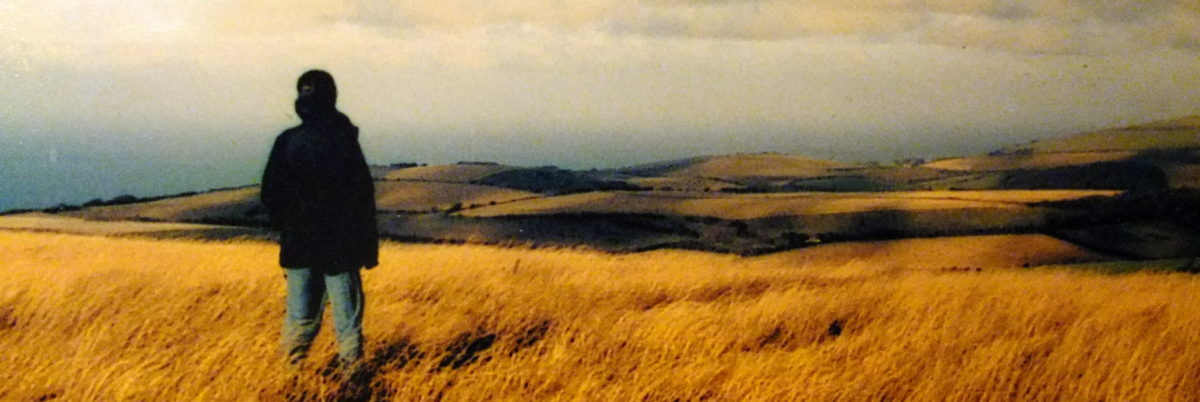Last Sunday morning, as I was sitting quietly in worship, I heard an infant speak. “I have a voice!” she (or he) proclaimed again and again, experimenting with coos and chortles, low tones and high tones. In the quietness of our Quaker worship, we notice all messages! Mostly we hear thoughtful Spirit-led words offered by adults. This was different, and it still came through clearly.
As the infant vocalized, I thought how much like singing it was. Speaking uses words, carefully chosen to send a message. We think about the message, and it’s shaped by our minds. Music, on the other hand, can come straight from heart and soul without words. Who needs words to sing? Music can use words but it can also deliver its gift powerfully with no words at all.
“I have a voice,” this little one was telling us. “I have song within me.”
Later that day my husband and I attended an outdoor concert of the Wheatland Chorale, a premier singing group here in Lancaster. Their voices united to weave a spell of harmony and beauty as we listened. Dusk fell slowly, and they sang of light. Quoting poet E. E Cummings, they gave thanks “O God, for most this amazing day.” Their music rose in gratitude and celebration of the natural world around us, and the song within each singer was a gift for all of us.
The next morning, as I sat outdoors to drink my coffee, I listened to birdsong and remembered that not all song comes from human throats. The morning chorus of birdsong is a real celebration of a new day. Like the baby in worship on Sunday morning, the birds cannot resist singing. I felt like joining! The Celtic Christian tradition suggests that we do join in, that we pray outdoors so that our voices join with the rest of the created world in praise and thanksgiving. Whether it is the babbling of the river, the crash of the waves, the song of the birds, the lowing of the cattle, or the purring of the cat, all, all can be song.
We are called to pay attention and listen for the songs that are around us. And as we listen, we may discover the song we have within us. It will rise. It’s true that not all that is within is joy and gratitude; our lives and our songs include grief and lament. (There’s a whole book in the Bible named Lamentations after all!) Perhaps we need to give voice to the laments in our hearts and souls through song. Can you give grief a voice even when there are no words? Sometimes songs without words seem to go deeper than songs that have words.
Recently I attended a class called “Soulful Singing.” We didn’t come together because we were skilled singers. We gathered because this time was offered for our hearts and souls to sing. My friend Ruth Fitz led us in quiet chants and lively rhythms. She created a quiet pause between each song so that we could feel the music hovering in the room and open our hearts to it. My eyes filled with tears as I received and gave the gift of song.
There is that within each of us that is moved by music, even if singing isn’t a regular part of our lives. We are created to respond to music, and I believe we are also created to use our voices in song. You may use the words of an old song from many years ago or perhaps your music will be freshly created by the stirrings of your heart. You may need no words at all, and simply experience pure sound, perhaps a quiet humming. There is song within you. Let it rise.
What is your song? What is the music within you and how will you express it?
If this reflection has spoken to you, please share it with others.
.

























